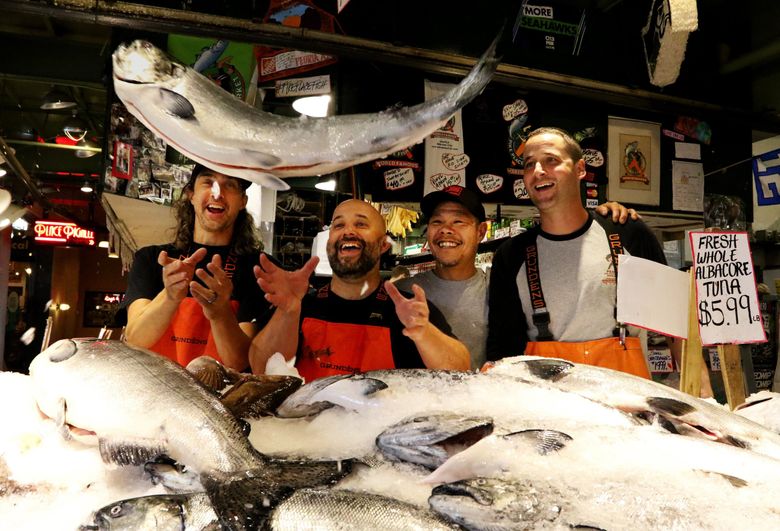One
scorching summer day in the 7th grade, I sat in my living room pondering what I
was going to do to not waste another precious day before school starts. I
looked around hoping to find something intriguing, but instead I gave up and
went outside. Although it was at least 90 degrees outside, it did not stop me
from playing basketball on my driveway. I went through my normal routine, but
after 15 minutes I could not bear the heat so I went to take a water break. As
I was gulping down my whole bottle, I saw something furry from the corner of my
eye. At first instinct, I thought it was a fox because there were recent
sightings of it wandering around the neighborhood. As I set my water bottle
down, a squirrel came into full view. It stared at me for a solid 20 seconds, so
I thought it wanted some water. As I squirted some water out of my bottle in
the direction of the squirrel, it darted into the bush before running up a
tree. 4 years ago, I didn't think much about this moment. Now, after we
discussed "The Death of the Moth” in class, I couldn't help but bring my
mind back to this minimal moment in my life. Just as Virginia Woolf depicts the
moth as an "insignificant little creature", I too thought this
squirrel meant nothing to the world. As I remember this interaction, I cannot
help but think that this moment, which meant nothing to me, was a pivotal
moment in the squirrel's life. Moreover, it thinks that it barely escaped from
a tragic incident that instead was nothing more than a few water drops. Since
this incident had taken place four years ago, there is a high chance that this
squirrel has passed by either old age or a terrible incident. As I think of the
tragedy this squirrel could have gone through, I too like Virginia Woolf feel
pity for the animal but it is not going to majorly affect me regarding my
future. Still for the squirrel's family, this tragedy could have a high
emotional effect on them. Listening to Woolf's story, I realize now that
anybody's life will not matter in the long run except to a countable number of
people. For example, even if someone famous dies, thousands will be sad for a
week or two but they will soon continue on with their daily lives. my point is
that although your life is not meaningful to everybody, it should be meaningful
to yourself. On that day 4 years ago, that squirrel thought it experienced
a life or death situation and it was probably relieved to escape with no harm.
Except for the people reading this blog, nobody will ever realize or even care
about the story of this squirrel.




